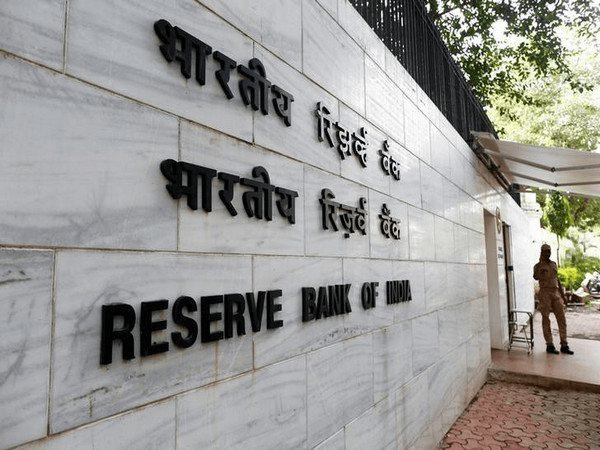Mumbai (Maharashtra) [India], February 8 (ANI): The Reserve Bank of India (RBI) has extended the requirement of a key fact statement to all retail and MSME loans in a bid to enhance transparency.
A Key Fact Statement is a document that clearly explains lending terms. It has key information regarding a loan agreement, including the all-in-cost of the loan, in a simple and easy-to-understand format.
At present, the loans and advances availed by borrowers, apart from including the rate of interest, also include other fees and charges such as processing fees, and documentation charges, said RBI Governor Shaktikanta Das in his monetary policy statement.
To enhance transparency in the disclosure of such information, the Reserve Bank had mandated certain categories of lenders to provide the borrower a Key Fact Statement (KFS) containing essential information such as the all-inclusive annual percentage rate (APR) and recovery and grievance redress mechanisms.
“The requirement of KFS is now being extended to cover all retail and MSME loans. This measure will lead to enhanced transparency in lending and enable customers in making informed decisions,” Das said.
Currently, the key fact statement is specifically mandated in respect of loans by scheduled commercial banks to individual borrowers, digital lending by regulated entities; and microfinance loans.
Meanwhile, the Monetary Policy Committee of the RBI, in its February review meeting, unanimously decided to keep the policy repo rate unchanged at 6.5 per cent, thus maintaining the status quo for the sixth straight time.
The repo rate is the rate of interest at which the RBI lends to other banks.
Governor Das said the MPC also decided by a majority of 5 out of 6 members to remain focused on the withdrawal of accommodation to ensure that inflation progressively aligns with the target while supporting growth.
The three-day bi-monthly monetary policy committee (MPC) meeting of the RBI began on Tuesday. The RBI typically conducts six bimonthly meetings in a financial year, where it deliberates interest rates, money supply, inflation outlook, and various macroeconomic indicators. (ANI)












